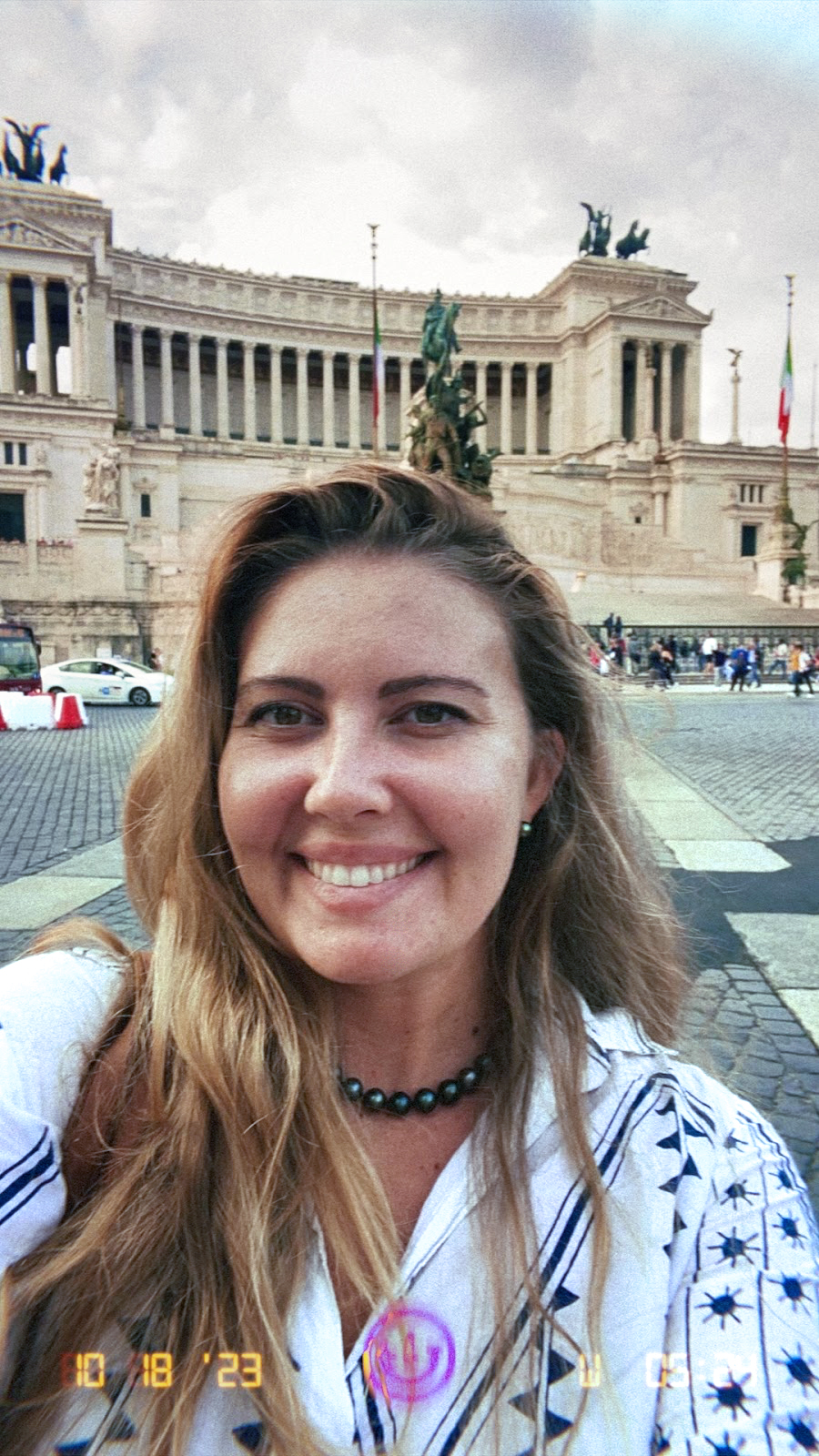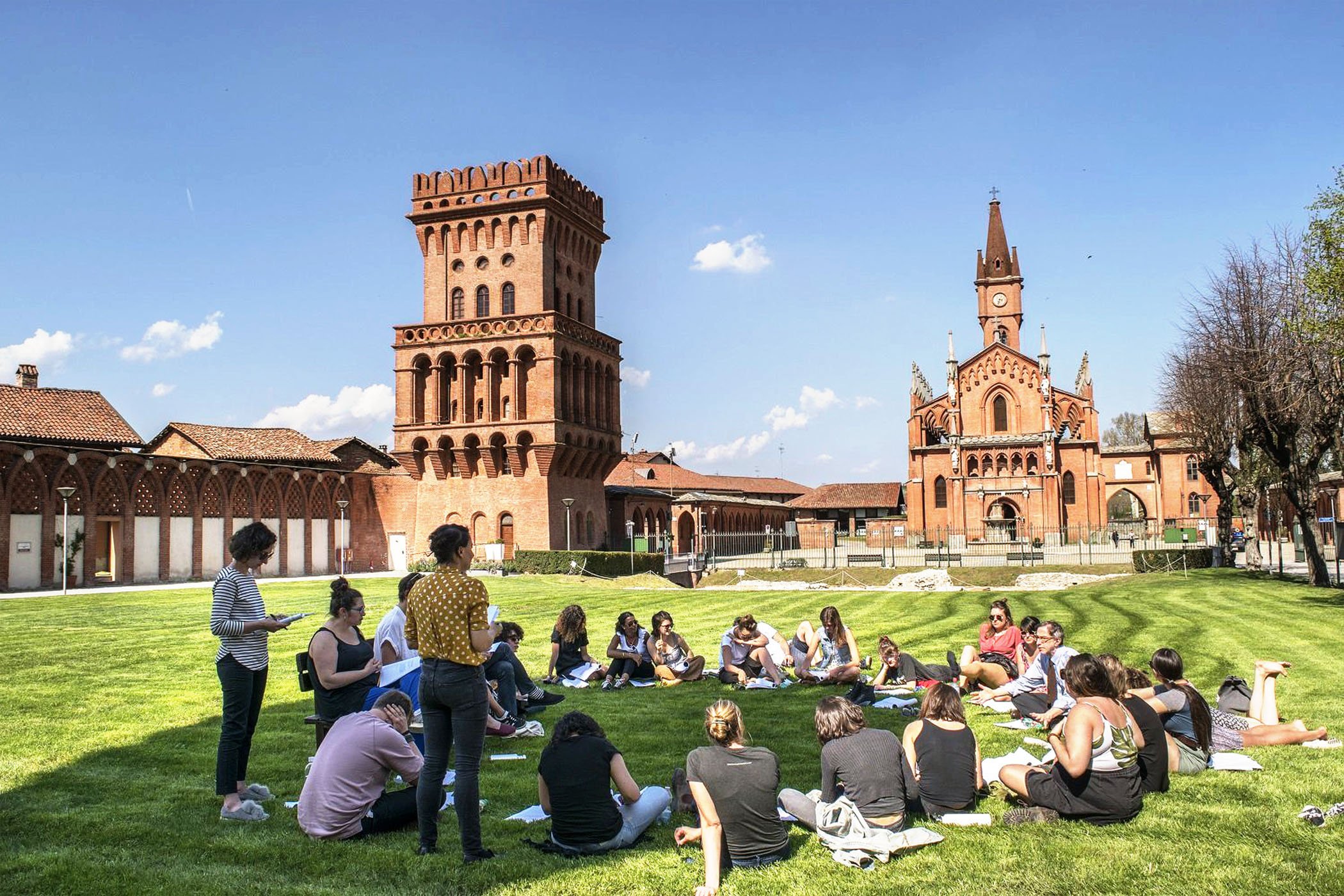Gastronomy 101
You’ve heard of Slow Food Oʻahu, Slow Food USA, and probably Slow Food International, too. How about Slow Food University? Yes: It’s a private, non-profit, degree-conferring institution in Pollenzo, Italy. More formally known as the University of Gastronomic Sciences (UNISG), the university was founded in 2004 by Slow Food International in conjunction with the Piedmont and Emilia-Romagna regions of Italy. It offers an undergraduate degree in Gastronomic Sciences and Cultures, a graduate degree in Sustainable Food Innovation and Management, and eight 1-year master’s programs. The goal is to be a center of learning for “those working on renewing farming methods, protecting biodiversity, and building an organic relationship between gastronomy and agricultural science.” Far reaching, yes?

For some first-hand scoop, we spoke to a recent graduate, Makana Wilhelm-McArdle from Hawai‘i. Makana figures that she was about 14 years old when she first heard of Slow Food University. Her parents, Dean and Michelle Wilhelm (Hoʻokuaʻāina founders) were Slow Food Oʻahu Terra Madre delegates that year and, “They came home so inspired by the Slow Food movement and the university that had been started, it made an impact that stayed with me,” she says.
Fast forward to 2023, and Makana has earned a master’s degree in Agroecology and Food Sovereignty from UNISG. She just returned from Italy to use her new learning to “bridge ancient practices and modern realities” in grassroots agricultural endeavors around the islands.
Her path wasn’t exactly direct, but it was intentional. Makana reports that her high school junior year abroad experience in Vienna, Austria, showed her the “importance of immersing in a culture to really know it,” as well as the value of exposure to other ways of doing things “to challenge our sense of what is ’normal’.” After high school, she studied Hawaiian language at UH Hilo to become empowered to “learn from original sources our ancestors’ farming and food preparation practices.” Now, further inspired by her UNISG experience, she wants to preserve that ancient wisdom by helping local communities to access and utilize kūpuna practices in developing āina-based farming solutions for today. “For example,” she points out, “everyone knows about ahupuaʻa now, but there were many intricacies in that system that are in danger of being lost. Intricacies that ensured viability of the system.”
“At UNISG,” Makana says, “the master’s coursework taught everything from sensory and consumer sciences to soil science, food supply chain economics, and food policy. I gained knowledge and bonded with a network of like-minded youth and global experts who I can continue to learn from.”

Jet setting is one unintentional result of Makana’s UNISG experience. She’ll be back in the air soon—as a delegate to the 2023 UN Global Indigenous Youth Forum (in Rome this year!). The Forum is hosted by the Food and Agriculture Organization of the United Nation specifically to bring indigenous youth of many countries together with UN agencies, universities, research centers, and others for the purpose of looking at “the future of Indigenous Peoples’ food and knowledge systems in the context of climate action.” Makana is grateful to the Office of Hawaiian Affairs (OHA) for funding her trip and is honored to be at the table to promote the integration of unique ancestral knowledge in the development of local, national, and international food systems and policies of the future.
When home again, Makana intends to facilitate gatherings of farmers, fishers, and other food producers for discussion with scientists and experts in regenerative practices. “I want to take part in both regenerative agriculture/food production as well as food processing and presentation to achieve food sovereignty in Hawaiʻi.”
That’s what she’ll do with a degree in Slow Food. Good luck, Makana!
